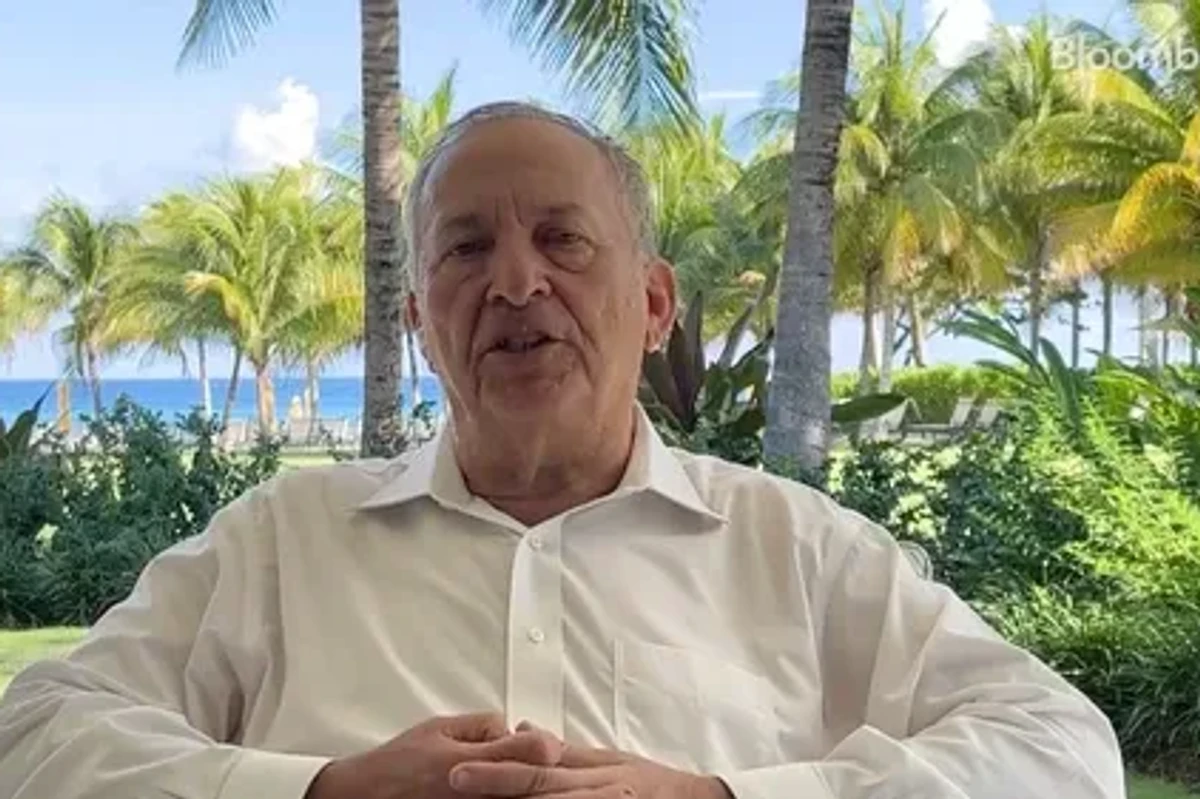Larry Summers, Liberalisms Milton Friedman
3 minute readPublished: Tuesday, November 18, 2025 at 2:29 am

Larry Summers: A Shifting Economic Compass
The prospect of Larry Summers potentially leading the Federal Reserve has drawn comparisons to the appointment of Milton Friedman, a figure associated with conservative economic thought. This comparison, voiced by Jeff Madrick in 2013, highlights a perceived shift in Summers' economic ideology.
Summers, despite his background in a family of prominent liberal economists, is seen to have moved towards more conservative economic positions. This ideological evolution is believed to have occurred during the 1990s, influenced by Robert Rubin. The article suggests that Summers' economic views have evolved over time, aligning him with perspectives traditionally associated with the right of the political spectrum.
The article's title, "Larry Summers, Liberalism's Milton Friedman," encapsulates the core argument: that Summers' economic trajectory has led him away from his liberal roots and towards a position that echoes the principles of a prominent conservative economist. This shift is significant because it suggests a potential divergence from traditional liberal economic policies. The article implies that Summers' leadership at the Federal Reserve could have implications for the direction of monetary policy and economic regulation.
BNN's Perspective:
The evolution of economic thought is a natural process, and individuals often refine their perspectives based on experience and changing circumstances. While Summers' shift may be viewed with concern by some, it also reflects the complexities of economic policymaking. A diverse range of viewpoints within the Federal Reserve can lead to more robust and well-informed decisions. It is crucial to evaluate any potential leader based on their qualifications and their ability to navigate the economic landscape, regardless of their ideological background.
Keywords: Larry Summers, Milton Friedman, Federal Reserve, economic views, liberal, conservative, Robert Rubin, monetary policy, economic regulation, ideology